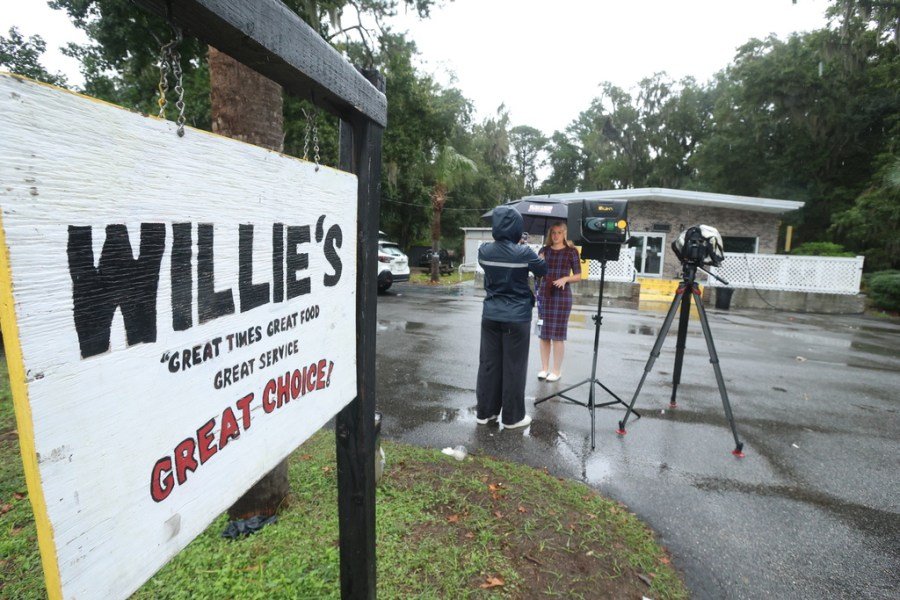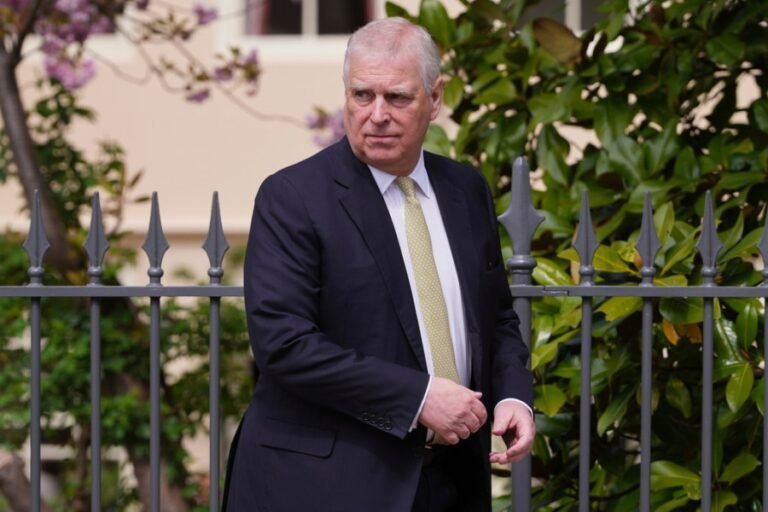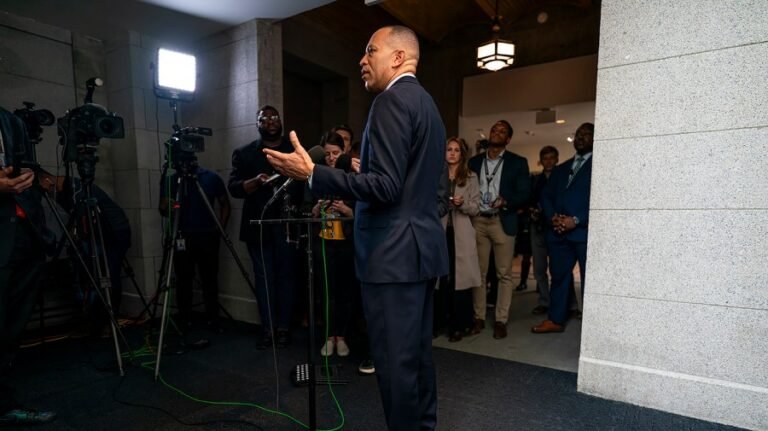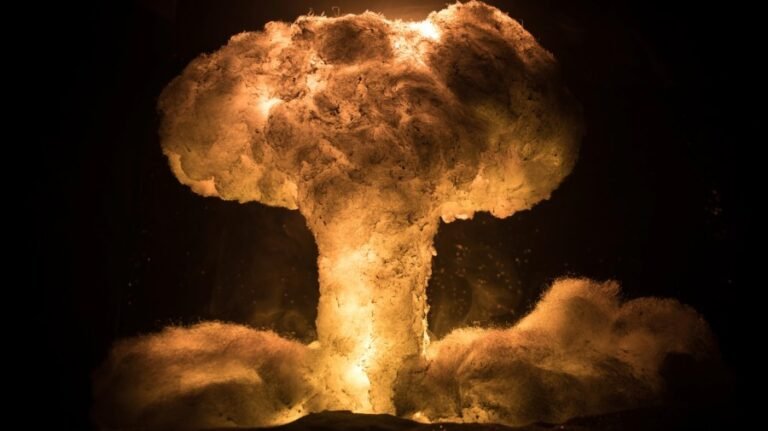
Shortly before I began writing this, a mass shooting at a crowded bar on the South Carolina coast left four people dead and many more injured — some seriously. It is a grim ritual now, each tragedy blending into the next until even horror feels routine.
No country on earth bleeds like the U.S. No nation so wealthy, so wired, and so watched has grown so numb to slaughter. Schools, malls, churches, cinemas — each new massacre arrives like bad weather. Flags lower, candles burn and then life resumes. Until the next mass shooting occurs.
Each time, the same arguments are raised. Some blame guns, others entertainment; some point to politics, others to parents. Yet the question that truly matters is rarely ever asked. Why, after seeing so much suffering, do so many still pick up guns and inflict more?
Every society has angry and alienated people. Only one turns alienation into annihilation with such frequency. America now averages over 500 mass shootings a year — more than one every single day. The difference isn’t merely access to weapons; it’s access to meaning.
In a country founded on freedom, too many have forgotten what freedom is for. Liberty has been twisted into license, individuality into isolation. The lonely man with a rifle isn’t born a monster. He becomes one, slowly and silently, while the rest of the world scrolls past.
Politicians reach for convenient villains. Conservatives blame fatherlessness, liberals blame firearms. Pundits rail about rhetoric, culture and moral decay. But the real sickness runs deeper. The malady isn’t in screens but in souls. The United States has cultivated a culture that prizes attention over empathy, fame over purpose, grievance over grace. The modern gunman doesn’t seek anonymity but immortality. He has learned that, in the land of viral violence, even murder guarantees an audience.
Guns are the instrument, not the impulse. The impulse is despair. What was once a nation of builders has become a shoddy patchwork of spectators. The town square has been digitized, drained of life, and controlled by the algorithm. Millions live surrounded by constant noise yet starved of connection. For a few, the gun becomes a merciless megaphone, a way to make the world hear what it ignored.
To reduce the carnage, the country must rebuild what isolation destroyed. That means restoring belonging as much as tightening laws. Conservatives are right that fathers matter; liberals are right that easy access to assault weapons amplifies catastrophe. Both truths stand. But legislation alone will not heal a culture where despair metastasizes faster than hope. What’s needed is more mentors, not more metal detectors. Communities must learn to listen before they punish. Schools must treat warning signs as pleas, not paperwork.
Practical steps still matter. Red-flag laws, when balanced with due process, save lives. Universal background checks are not tyranny but common sense. Gun ownership should carry the weight of duty, not just the thrill of entitlement. The Second Amendment was written for a very specific reason. Responsibility must again become the companion of freedom.
Yet reform must reach the culture, not only the code of law. Violence is glorified, commodified, and endlessly recycled. The same society that censors books sells bullets by the box. Music, films, and news alike turn killing into entertainment, then wonder why empathy has eroded. This is not an argument for censorship but for conscience. Art shapes appetite. When cruelty becomes content, compassion vanishes.
Real prevention begins long before the first shot. It begins when boys are taught that rejection is not ruin and strength is not savagery. It begins in homes where anger is confronted, not buried. It begins in communities that treat mental health as responsibility, not weakness. The path from resentment to massacre is rarely sudden. It is slow, visible and routinely ignored.
The conversation around guns, like everything else in American life, has become tribal. Each shooting hardens the divide. One side chants “ban guns,” the other “protect rights.” Lost in the shouting are the victims, and the slow-burning despair that breeds the next killer. This is not a partisan plague but a national crisis. The goal should not be confiscation or control, but preservation. Specifically, the preservation of life, liberty, and the quiet dignity that once made both possible.
The gunman is not born in a vacuum. He is shaped by neglect. He is fueled by nihilism and a culture that confuses notoriety with meaning. To stop him, America must rebuild the meaning. It must make belonging easier to find than revenge.
I must make myself very clear. The answer doesn’t lie in limiting freedom, but in strengthening the foundations that make freedom humane: family, faith, responsibility, and restraint. When those start to fade away, the gun fills the void.
Until that hard truth is faced, the blood will keep flowing. And the rest of the world will keep wondering how a nation so powerful became so powerless to stop its own citizens from killing each other.
John Mac Ghlionn is a writer and researcher who explores culture, society and the impact of technology on daily life.


